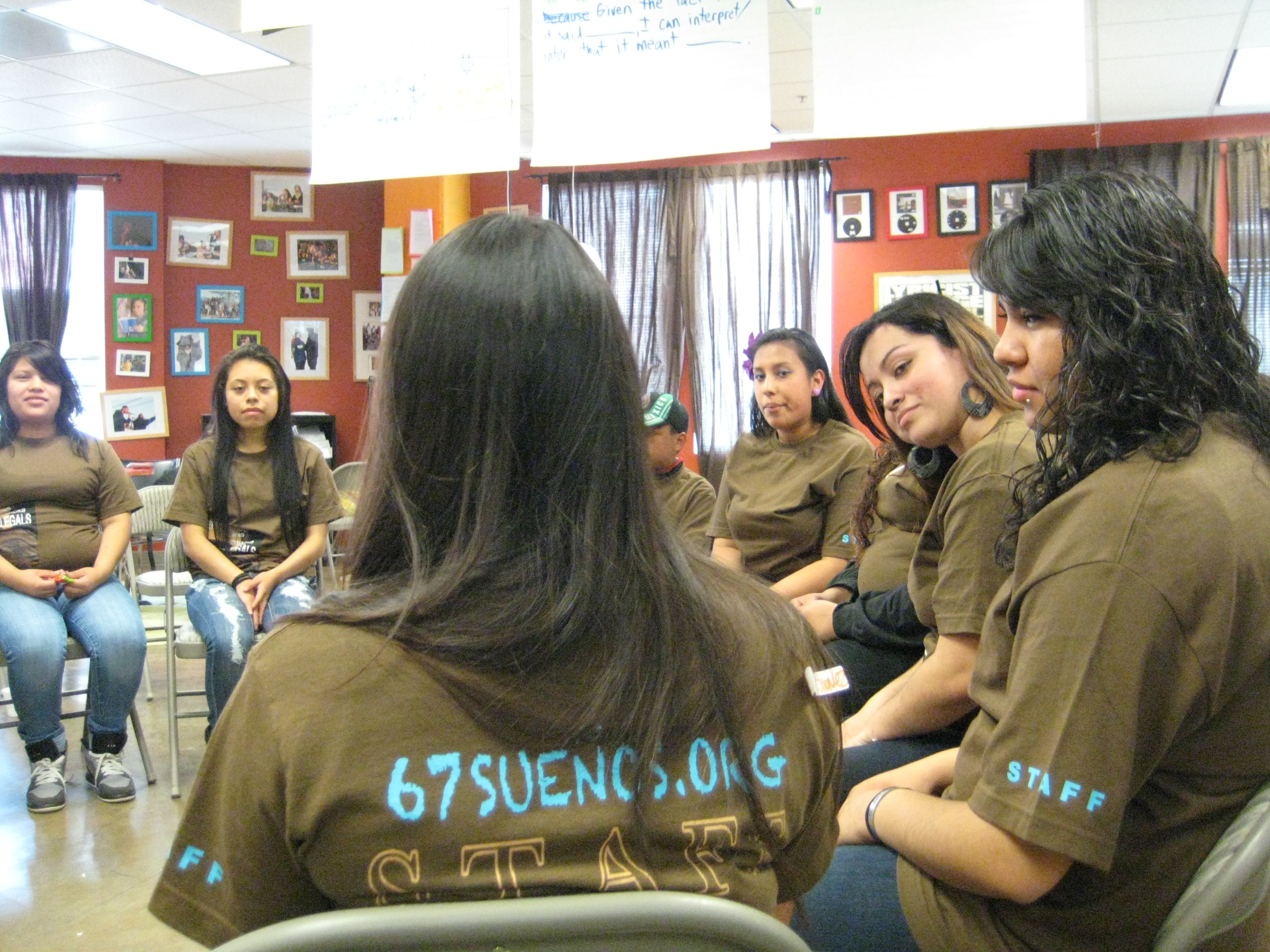
New York: Four Walls Eight Windows, 1997.Ĭoontz, Stephanie. San Francisco: Berrett-Kohler, 2002.Ĭhesler, Phyllis. 1–9.Ĭavanaugh, John et al.Alternatives to Economic Globalization: A Better World is Possible. ‘My Daddy Takes Care of Me! Fathers as Care Providers.’ Current Population Reports.

New York: Free Press, 1999.Ĭasper, Lynne M. Letters of Intent: Women Cross the Generations to Talk about Family, Work, Sex, Love and the Future of Feminism. Boston: Northeastern University Press, 2003. ‘Who’s the Next Gloria? The Quest for the Third Wave Superleader.’ Catching a Wave: Reclaiming Feminism for the 21st Century. This process is experimental and the keywords may be updated as the learning algorithm improves.īaumgardner, Jennifer, and Amy Richards. These keywords were added by machine and not by the authors. these discussions can only have theoretical and practical value if they are set within the larger frames of globalisation and technoculture.


While discussions of third wave feminism have tended to limit themselves to the context of North American consumer culture - and have thus largely been identified with writers living in the U.S. Since writers usually identified as the ‘third wave’ are most likely to be part of a generation that has come of age in these contexts, the chapter outlines some of the economic variables that have heavily impacted the current generation in the U.S., and demonstrates how they have resulted in a feminist movement that is not focused on narrowly defined ‘women’s issues’, but rather an interrelated set of topics including environmentalism, human rights and anti-corporate activism. This chapter provides a partial redress of this through illustrating how third wave feminist perspectives are shaped by the material conditions created by economic globalisation and technoculture, and by bodies of thought such as postmodernism and postcolonialism. Although conversation and debates about third wave feminism have been ongoing since the 1990s, there has been a lack of theory that delineates and contextualises third wave feminist perspectives, especially in the U.S.


 0 kommentar(er)
0 kommentar(er)
